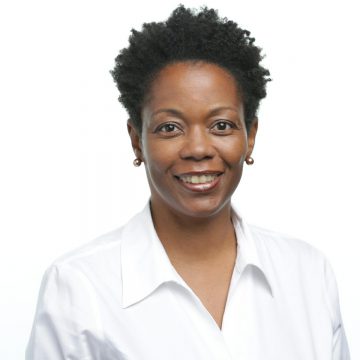Tag Archive: transformation
January 27, 2011
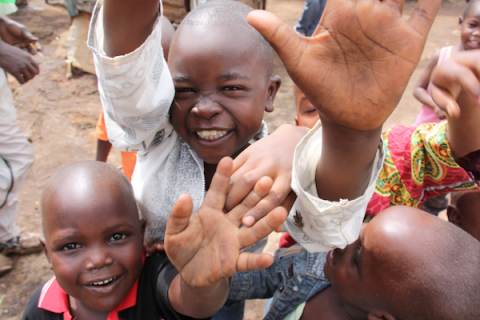
Following is a repost by angel Kyodo williams, originally published in Transform, from the Center for Transformative Change.
Resolution for Revolution
Each January, whether formal or informal, uttered or silent, many of us resolve to do something different for the coming new year. We commit to starting some things and finishing others. We put plans into motion, we reassess, reevaluate and take stock of the life that we have and where we want it to be.
In two weeks, as President of the United States, Barack Obama will issue the State of the Union, as is constitutionally required “from time to time,” reporting on the condition of the country and setting forth his legislative agenda — resolutions for the nation — for 2011. Likewise, as a Movement of Peoples United in striving for a just and equitable world, we should require of ourselves a reflection upon the state of our union as we reconsider and reset our course for change in this new year. Read More
January 18, 2011
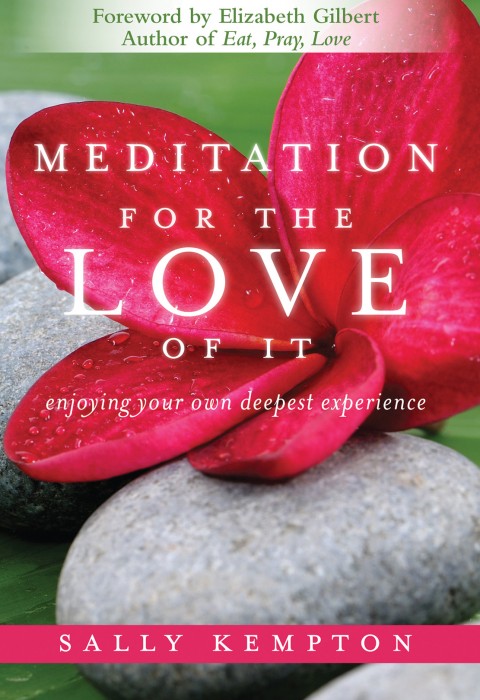
One of the guiding mantras here at the Interaction Institute is the idea that “the success of an intervention is directly proportional to the inner condition of the intervener.” This idea and our commitment to “the love that does justice,” help us to uphold those practices that nurture our inner condition and facilitate our capacity to love. It is with this commitment in mind that I share the following review:
Sally Kempton has written a wonderful book. Meditation for the Love of It is a breath of fresh air in this current wave of meditation literature. Pleased as I am by the booming interest in the practice of meditation, I am often frustrated by what feels like a one sided perspective of a beautifully multi-faceted tradition. A masterful teacher, a great writer who is able to transmit her own direct experience of the Self, Sally Kempton makes accessible a rich meditation tradition that could otherwise be relegated to the inaccessible realms of esoterica. Read More
November 9, 2010
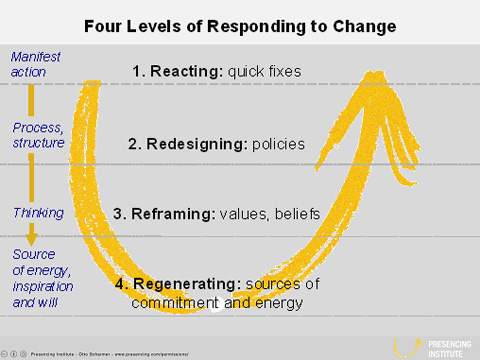
I am a huge fan of C. Otto Scharmer’s Theory U. It is one of the most powerful frameworks for understanding the essential shifts we need to make as we step into this paradigm shift. Scharmer sums up his Theory U with seven propositions, I’m going to write a series of blog posts taking a closer look at each of them: Read More
October 20, 2010

Is it ok to brag about one’s clients? It better be! I’m so proud that I have done work with Community Music Works! The front page of today’s Boston Globe highlights the power of letting music go free. Our First Lady just bestowed the National Arts and Humanities Youth Programs Award to Community Music Works, just a month after its founding director, Sebastian Ruth was awarded the McArthur Genius Award!
I’ve been doing more and more work with arts organizations lately – events like Creative Change and groups like the Arts and Democracy Project. I’ve been seriously considering the role of the arts in our quest for social transformation, and I have to agree with my future wife, Samantha Tan, who is an artist herself – “We’ve exhausted out left-brain approach, linearity found its limits and the problems that we face are now calling on our full self, art is the way.”
July 21, 2010
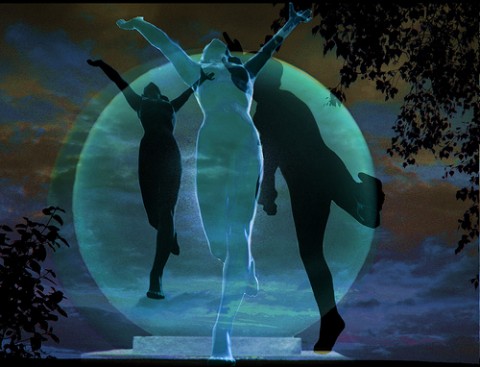
photo by partie traumatic
“Power without love is reckless and abusive, and love without power is sentimental and anemic. Power at its best is love implementing the demands of justice, and justice at its best is power correcting everything that stands against love.” Dr. Martin Luther King, Jr.
This often quoted comment by Dr. King forms the foundation of Adam Kahane’s new book, Love and Power: A theory and practice of social change. Melinda Weekes and I attended a recent book talk by Adam, attracted to the topic because, at IISC we’ve been thinking through and practicing the connections among power, love, networks and collaboration for years now. Much of what Adam shared resonates with our thinking. The book builds on the thinking of theologian Paul Tillich. His definitions are worth taking a closer look:
Read More
June 8, 2010
 Last week I wrote a raving review of the Movement Strategy Center’s report on organizers transforming the practice of social justice: “Out of the Spiritual Closet.” I really think it’s amazing. Here are nine themes that the report outlines as part of the emergent “new way:” Read More
Last week I wrote a raving review of the Movement Strategy Center’s report on organizers transforming the practice of social justice: “Out of the Spiritual Closet.” I really think it’s amazing. Here are nine themes that the report outlines as part of the emergent “new way:” Read More
May 25, 2010

My recent post on the limits of policy elicited a very good conversation. One of the things that became evident is that in some settings people are so focused on their personal development and their community life that they pay little attention to the issues of the day. In other settings people are so focused on the fight for justice through policy change that they pay little attention to their own well being or to the hard work of building community. Read More
February 23, 2010
Part 1 of 2, go here for Part 2.

|Photo by LadyDragonflyCC|http://www.flickr.com/photos/19646481@N06/4332176853/|
Love as the practice of freedom has been on my mind these days. My good friend Cyndi Suarez, who is the co-director of Northeast Action, recently shared a bell hooks essay by the same title – I appreciated Cyndi’s e-mail:
“I was thinking today on just how much social change movements reflect the dominant culture. I just finished rereading an old-time favorite essay by bell hooks and had to share it with you. I feel it is as pertinent now as when I first read it 15 years ago. I wonder what would change if at least some of us focused on building love rather power.” Read More
February 11, 2010
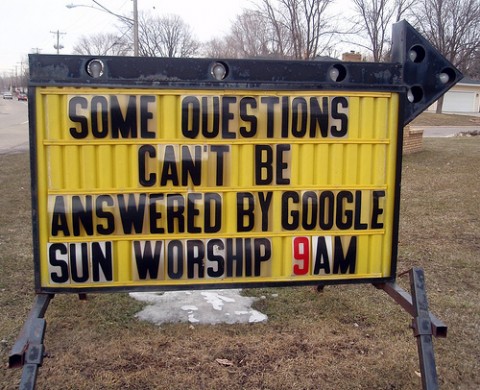
|Photo by Mikl Roventine|http://www.flickr.com/photos/myklroventine/2372327933/|
My wife and I recently missed one of our favorite church services of the year – The Question Box Service. For a few weeks leading up to this particular Sunday, parishioners are typically invited to submit questions for the ministers to respond to. These questions can be of any number of varieties – philosophical, ethical, political, personal, whimsical – and tend to be very wide ranging. The answers to selected questions become that day’s sermon. As interesting and entertaining as it is to hear the clergy offer their spontaneous reflections (they dress down for the occasion, doffing their robes and sitting crossed-legged on stools in front of the pulpit, a la talk show hosts), I find the questions themselves fascinating, especially when artfully phrased. Just the reading of the card can elicit a ceremonious “oooh” or “ahhh” from the listeners.
Read More
January 15, 2010
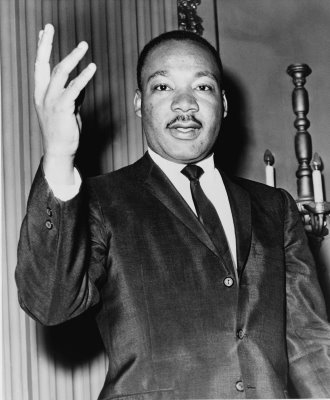
|Public Domain|http://publicdomainclip-art.blogspot.com/2009/01/dr-martin-luther-king-jr.html|

Haiti. I’m sure I’m not the only one who watches with profound sadness at the loss of life and devastation by way of natural disaster and makes direct comparisons to the Hurricane Katrina tragedy and its blow to the precious people of New Orleans.
Read More
December 18, 2009
I attended a powerful, short workshop led by Adrienne Maree Brown (abbreviated from longer trainings she offers) and Invincible on how to facilitate high tension and/or high conflict conversations at the Making Money Make Change conference. Weeks later, ideas and exercises from that workshop are still sticking with me.
Adrienne calls herself a “facilitation evangelist,” because she believes that the world would be transformed if we all practiced facilitation intentionally and were prepared with the tools to do so. I agree with her. And this reminded me of something so basic – facilitation isn’t just for meetings! I hadn’t thought about practicing facilitation in tense conversations with family members, for example, but Adrienne pointed out that facilitation in these and other everyday situations, whether the role is explicit or practiced silently within oneself, can have a profound impact on peoples’ experiences – turning what could be explosive into something more productive.
Read More
November 13, 2009
One of the most intense and unique pieces of the Making Money Make Change (MMMC) conference, is the Money Stories session. Picture a room with 70 young people with wealth (accumulated, inherited, or earned) and/or owning class privilege sitting in a large circle. Each person gets 60 seconds to “tell their money story.” Questions that guide this storytelling include:
- Where did the money that you and/or your family come from?
- How is your or your family’s wealth connected to histories of racism and capitalism?
- What have you done to move some or all of that money to social justice movements?
Read More





 Last week I wrote a raving review of the
Last week I wrote a raving review of the 


